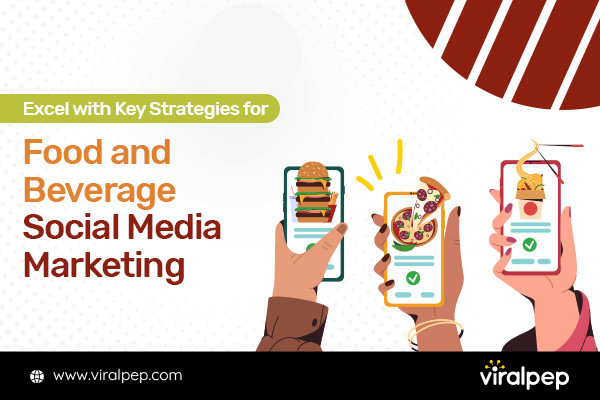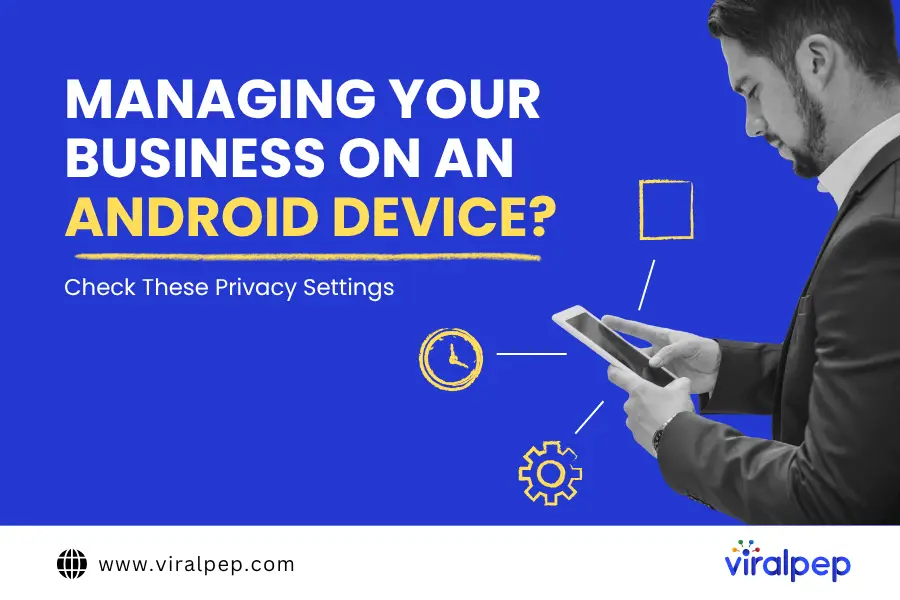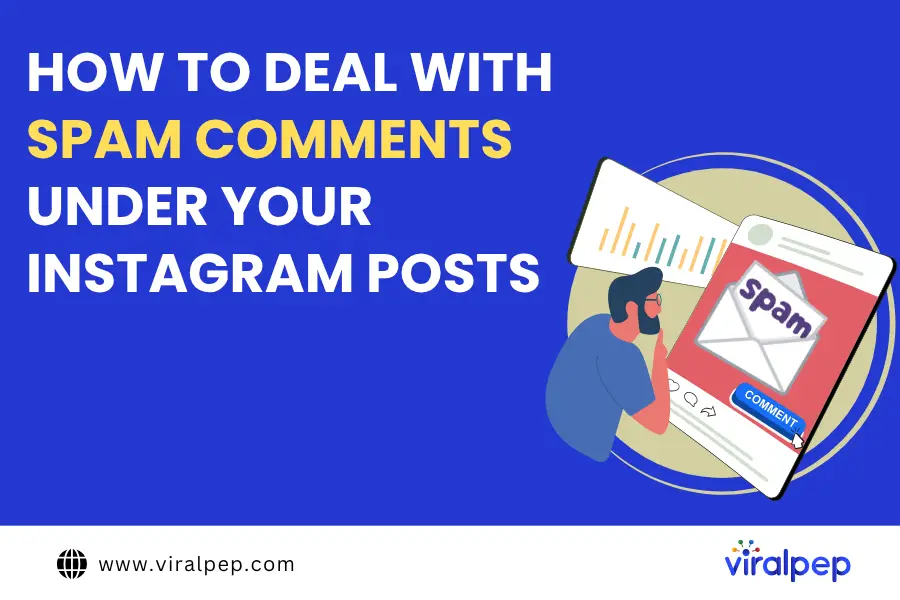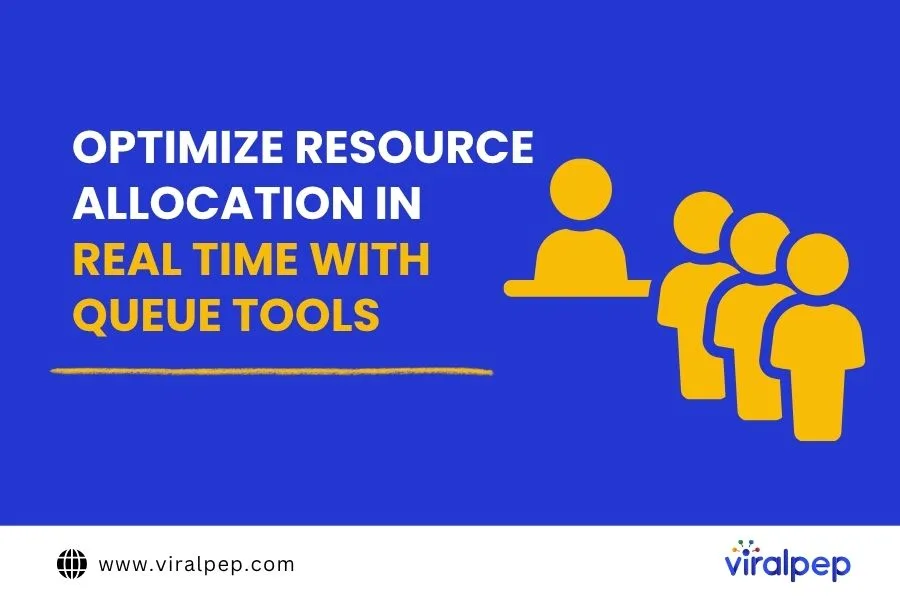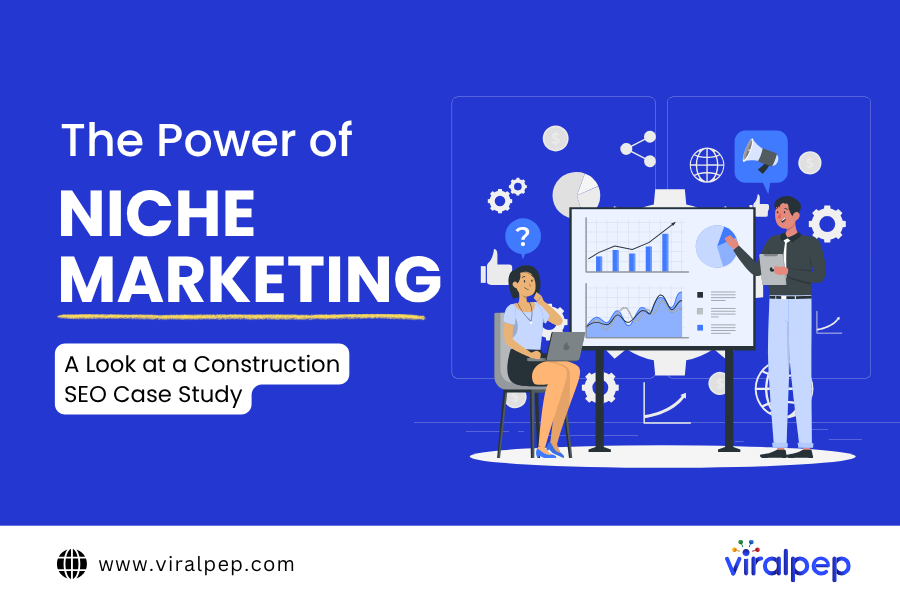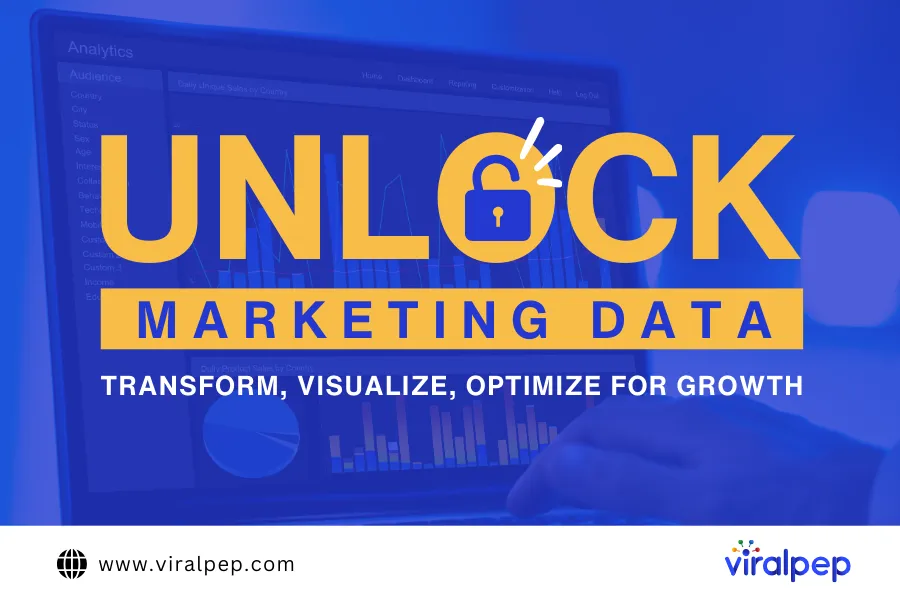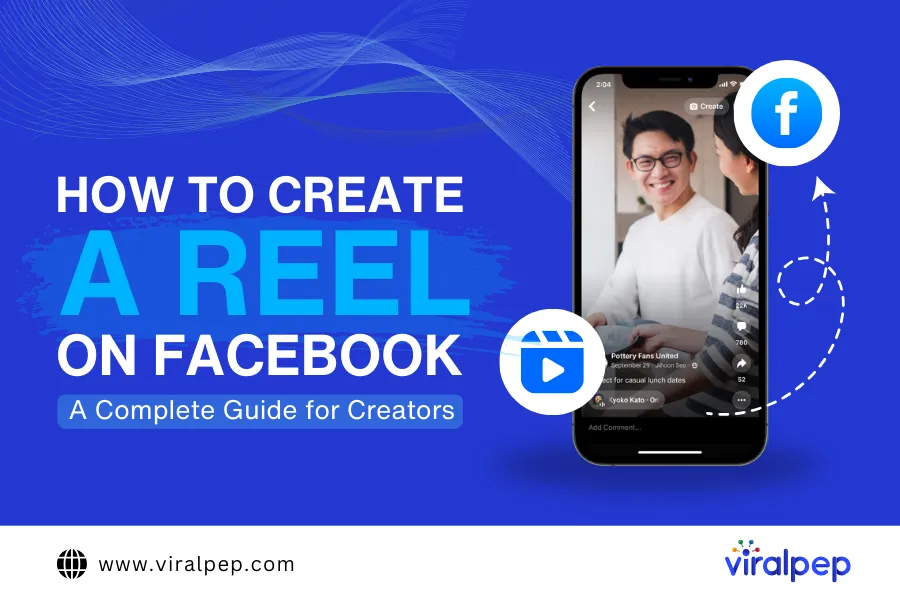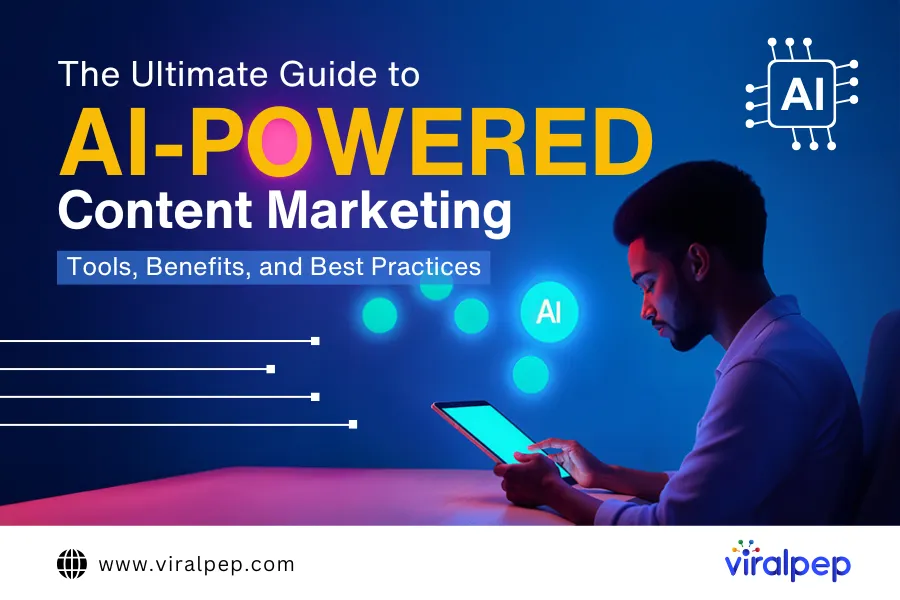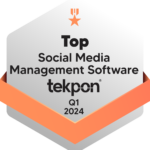In this competitive digital world, mastering social media marketing is crucial for success in any industry, and the food and beverage sector is no exception.
As a food and beverage professional, understanding the strategies and techniques behind effective social media marketing is essential to stay competitive and thriving in the digital landscape.
This comprehensive blog will delve into food and beverage social media marketing and explore the strategies for achieving remarkable success.
Whether you’re a restaurant owner, a food brand marketer, or a culinary enthusiast looking to promote your creations, this blog is packed with valuable insights and actionable tips to elevate your social media presence.
What are the Benefits of Food & Beverage Social Media Marketing?
Food and beverage social media marketing offers immense benefits, including expanded reach, increased brand awareness, customer engagement, influencing purchase decisions, leveraging user-generated content, staying competitive, and cost-effective marketing.
By prioritizing your social media marketing efforts, you can unlock opportunities to grow your brand, attract customers, and drive business success in the dynamic digital landscape.
7 Effective Marketing Strategies For Food and Beverage Endeavors
Here are some effective strategies to achieve success in food and beverage social media marketing endeavors:
Understanding Your Target Audience
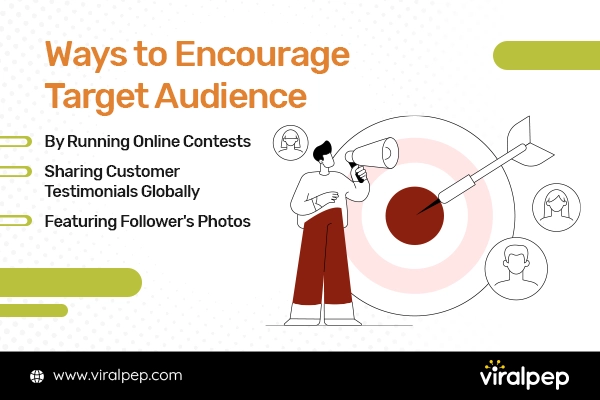
For an effective social media marketing strategy for food and beverage, it is essential to have a deep understanding of your target audience. Conduct thorough research to identify their preferences, behaviors, and demographics.
This knowledge will help you tailor your content and messaging to resonate with your audience, increasing engagement and building brand loyalty.
Creating Captivating Visual Content
In the food and beverage industry, visual appeal is everything. Invest in high-quality photography and videography to showcase your products enticingly.
Share mouthwatering images, behind-the-scenes footage, and recipe videos that evoke emotions and leave your audience craving more.
Remember, a picture is worth a thousand words and can make all the difference in social media.
Building a Strong Brand Identity
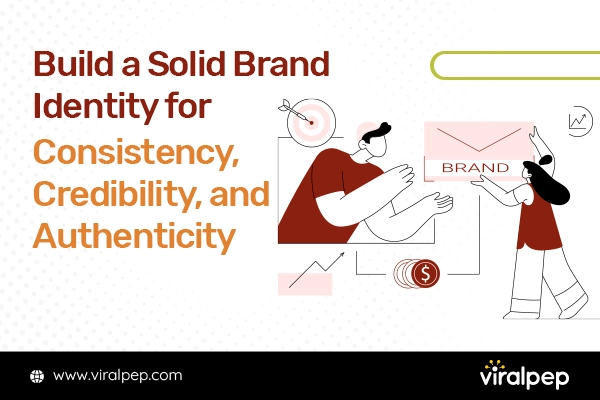
Establishing a solid brand identity is crucial for effective social media marketing.
Develop a consistent brand voice, visual aesthetic, and messaging that aligns with your target audience’s preferences.
Craft compelling storytelling around your brand, highlighting its unique values, history, and mission. Consistency and authenticity will help you stand out and build a loyal following.
Read also: Why Invest in Social Media for Brand Marketing
Engaging with Your Audience
Social media is a two-way street. Engaging with your audience is vital to building relationships and fostering community.
Respond to comments, messages, and reviews promptly to maintain active engagement with your audience. Encourage user-generated content by running contests, sharing customer testimonials, and featuring followers’ photos. To improve the quality of featured photos, consider using tools to remove background, making the subject stand out and giving your content a more polished look.
You will create a loyal and enthusiastic customer base by actively participating in conversations and showing genuine interest in your audience.
Collaborating with Influencers
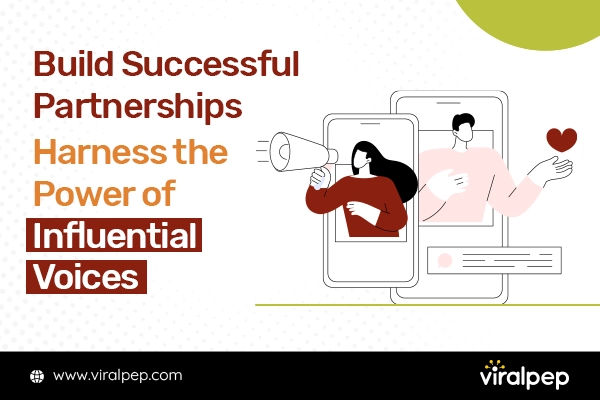
Influencer marketing has become a powerful tool in the food and beverage industry.
Identify influencers who align with your brand values and have an engaged following. Collaborate with them to create content, promote your products, or host giveaways.
Influencers can amplify your brand’s reach, generate buzz, and drive conversions. When partnering with influencers, remember to establish clear goals and expectations to ensure a successful collaboration.
Harnessing the Power of Hashtags
Hashtags are the lifeblood of social media marketing. Research popular and relevant hashtags in the food and beverage niche and incorporate them strategically into your posts.
Hashtags can increase your content’s discoverability, boost engagement, and connect you with like-minded individuals and communities.
Develop a branded hashtag to encourage user-generated content and build a community around your brand.
You May Find Interesting: How to Use Instagram Hashtags to Grow Your Business?
Analyzing and Optimizing Performance
Regularly analyze the performance of your social media marketing efforts. Utilize built-in analytics tools or third-party platforms to track engagement, reach, click-through rates, and conversions.
Analyzing this data will help you identify successful strategies, refine your content, and make data-driven decisions to optimize your social media marketing campaigns.
By implementing these strategies, you can enhance your food and beverage social media marketing, increase your brand’s visibility engagement, and ultimately achieve success in the digital landscape.
Marketing Tactics To Enhance Your Business Growth To The Next Level
Implement marketing tactics to grow your customer base, increase brand visibility, and establish a strong food and beverage industry presence.
-
Develop a Unique Selling Proposition (USP)
what sets your food and beverage offerings apart from competitors and communicate it effectively in your marketing campaigns.
-
Create a Strong Brand Identity
Establish a compelling brand identity that resonates with your target audience. Consistency in visual branding, messaging, and tone helps build recognition and trust.
-
Utilize Social Media Platforms
Leverage popular social media platforms like Instagram, Facebook, and Twitter to showcase your products, engage with customers, and build a community around your brand.
Related Blog: Best Social Media Platforms for Restaurants Marketing
-
Engage in Influencer Marketing
Collaborate with influencers or bloggers with a strong food and beverage industry presence to promote your products and reach a wider audience.
-
Content Marketing
Share valuable and relevant content through blog posts, videos, and recipes to establish yourself as an authority in the industry and attract potential customers.
-
Online Reviews and Testimonials
Encourage satisfied customers to leave positive reviews on Yelp, Google, or TripAdvisor platforms. Display testimonials on your website to build credibility and trust.
-
Email Marketing
Build an email list and send regular newsletters with updates, promotions, and exclusive offers to keep your customers engaged and encourage repeat business.
-
Local Partnerships and Collaborations
Partner with local businesses, event organizers, or charities to participate in joint marketing efforts and reach a broader audience.
-
Limited-Time Offers and Promotions
Create urgency and excitement by offering limited-time discounts, special menus, or seasonal promotions to entice customers to try your offerings.
-
Loyalty Programs
Implement a loyalty program to reward returning customers, encouraging them to choose your establishment over competitors.
-
Visual Appeal
Invest in high-quality food photography and create visually appealing menus, brochures, and advertisements that showcase the beauty and quality of your offerings.
-
Engage with the Community
Participate in local food festivals, farmers’ markets, or charity events to connect with the community and build brand awareness through face-to-face interactions.
Adapt and refine your strategies based on customer feedback and evolving market trends for continued success.
Innovative Ways to Enhance Food and Beverage Social Media Marketing
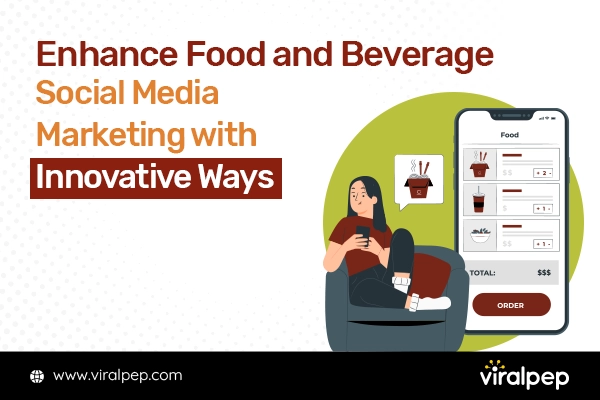
Let’s explore innovative strategies that you can incorporate into your food and beverage social media marketing. It will help you stand out from the competition, captivate your audience, and create memorable experiences that drive engagement and brand loyalty.
-
Interactive Live Streaming
Engage your audience in real time by hosting live streaming sessions on platforms like Instagram or Facebook. Conduct cooking demos, Q&A sessions, or behind-the-scenes kitchen tours to give your followers a unique and interactive experience.
-
Augmented Reality (AR) Filters
Create custom AR filters or effects that users can apply to their photos or videos, incorporating your brand elements or food-related themes. This interactive feature encourages user-generated content and promotes your brand in a fun and engaging way.
-
User-Generated Content Contests
Run contests encouraging customers to create and share their content featuring your products. This can include recipe contests, photo contests, or even user-generated commercials. Offer incentives or rewards for participation to encourage higher engagement.
-
Influencer Takeovers
Allow influencers or industry experts to take over your social media accounts for a day or a specific campaign. This collaboration brings fresh perspectives, expands your reach, and introduces your brand to new audiences.
-
Behind-the-Scenes Stories
Share authentic and behind-the-scenes moments of your food preparation, sourcing ingredients, or team interactions through Instagram or Facebook Stories. This transparency builds trust and creates a personal connection with your audience.
-
Interactive Polls and Quizzes
Use features like Instagram Polls or interactive quizzes to engage your audience and gather valuable insights. Ask questions about their preferences, food choices, or upcoming menu ideas. This not only encourages participation but also helps you understand your audience better.
-
Collaborate with Food Bloggers or Micro-Influencers
Partner with food bloggers or micro-influencers with a niche following and expertise in specific food areas. They can create unique content, recipes, or reviews featuring your products, reaching a highly engaged and targeted audience.
-
Virtual Tastings or Pairing Sessions
Host virtual tastings or pairing sessions where you guide participants through a tasting experience of your food or beverage offerings. Provide insights and recommendations, and create a personalized connection with your audience through a virtual setting.
-
Interactive Instagram Guides
Create interactive guides on Instagram that curate different food and beverage recommendations, such as “Best Dessert Spots in the City” or “Ultimate Summer Cocktail Recipes.” These guides offer a visually appealing and informative resource for your followers.
-
Collaborative Giveaways
Collaborate with other complementary food or beverage brands to create exciting giveaway campaigns. By pooling resources and cross-promoting, you can reach a wider audience and create a buzz around your offerings.
-
AR Menu Scanning
Implement Augmented Reality technology to enhance the menu experience for customers. By scanning a QR code on the menu, customers can view 3D models of dishes and nutritional information or even watch videos showcasing the preparation process.
-
Engage with Niche Communities
Identify and engage with niche food and beverage communities on platforms like Reddit or Facebook Groups. Share valuable insights, answer questions, and establish yourself as a knowledgeable and trusted resource within these communities.
Embrace the possibilities emerging technologies and trends offer to continually enhance your social media presence and stay ahead in the dynamic digital landscape.
Read also: How to Give Your Social Media Marketing Meaning
Conclusion
Mastering food and beverage social media marketing is an ongoing process that requires a combination of creativity, strategy, and data analysis.
You can succeed in this ever-evolving digital landscape by understanding your audience, creating captivating content, building a solid brand identity, engaging with your audience, collaborating with influencers, leveraging hashtags, and optimizing your performance.
Embrace the power of social media and unlock new opportunities to connect with food and beverage enthusiasts, grow your brand, and ultimately drive business success.
FAQs
What are some specific social media platforms that are most effective for food and beverage businesses?
While the effectiveness of social media platforms can vary depending on your specific target audience and marketing objectives, here are some platforms that are generally effective for food and beverage businesses:
- Youtube
How can businesses effectively measure the success of their social media marketing campaigns?
Businesses can effectively measure the success of their social media marketing campaigns by utilizing various metrics and analytics tools. Here are some critical steps and metrics to consider:
- Set clear goals
- Track key metrics
- Utilize Native Analytics tools
- Track referral traffic
- Implement UTM tracking
- Compare results over time
- Monitor brand mentions and sentiments
What emerging trends in social media marketing should food and beverage businesses be aware of?
Food and beverage businesses should be aware of the following emerging trends in social media marketing:
- Video content dominance
- Influencer micro-niches
- Authenticity and transparency
- Social commerce and shoppable content
- Sustainability and ethical practices
- User-generated content and community building
- Augment Reality (AR) experiences
How can I target my ideal food and beverage social media marketing audience?
Conduct thorough research on demographics, preferences, and behaviors to identify and target your ideal audience. Utilize social media analytics tools to gain insights about your existing audience.
Additionally, surveying customers, monitoring trends, and analyzing competitor strategies can help you understand your target audience better and tailor your content and messaging accordingly.
What types of content work best for food and beverage social media marketing?
Visual content is particularly effective in the food and beverage industry. High-quality photography, recipe videos, behind-the-scenes footage, and user-generated content showcasing your products can be highly engaging. Sharing recipes, tips, and interesting food-related stories can also capture your audience’s attention.
How can I effectively engage with my social media audience in the food and beverage industry?
Engagement with your audience is crucial for building relationships and fostering community. Respond promptly to comments, messages, and reviews. Encourage user-generated content, run contests, and feature followers’ photos. Show genuine interest in your audience by asking questions, seeking feedback, and creating interactive posts.
How can I measure the success of my food and beverage social media marketing efforts?
Utilize built-in analytics tools on social media or third-party analytics platforms to track engagement, reach, click-through rates, and conversions. Regularly analyze this data to identify successful strategies, optimize your content, and make data-driven decisions to improve your social media marketing campaigns.
How can influencer marketing benefit my food and beverage social media marketing efforts?
Influencer marketing can help amplify your brand’s reach, generate buzz, and drive conversions. By collaborating with influencers who align with your brand values and have an engaged following, you can tap into their influence and leverage their credibility to promote your products or services to a broader audience. Choose influencers who resonate with your target audience to maximize the impact of your campaigns.
Are there any specific strategies for optimizing social media marketing in the food and beverage industry?
Optimizing your social media marketing in the food and beverage industry involves using popular and relevant hashtags, developing a consistent brand identity, creating captivating visual content, staying updated on industry trends, and regularly analyzing performance metrics.


